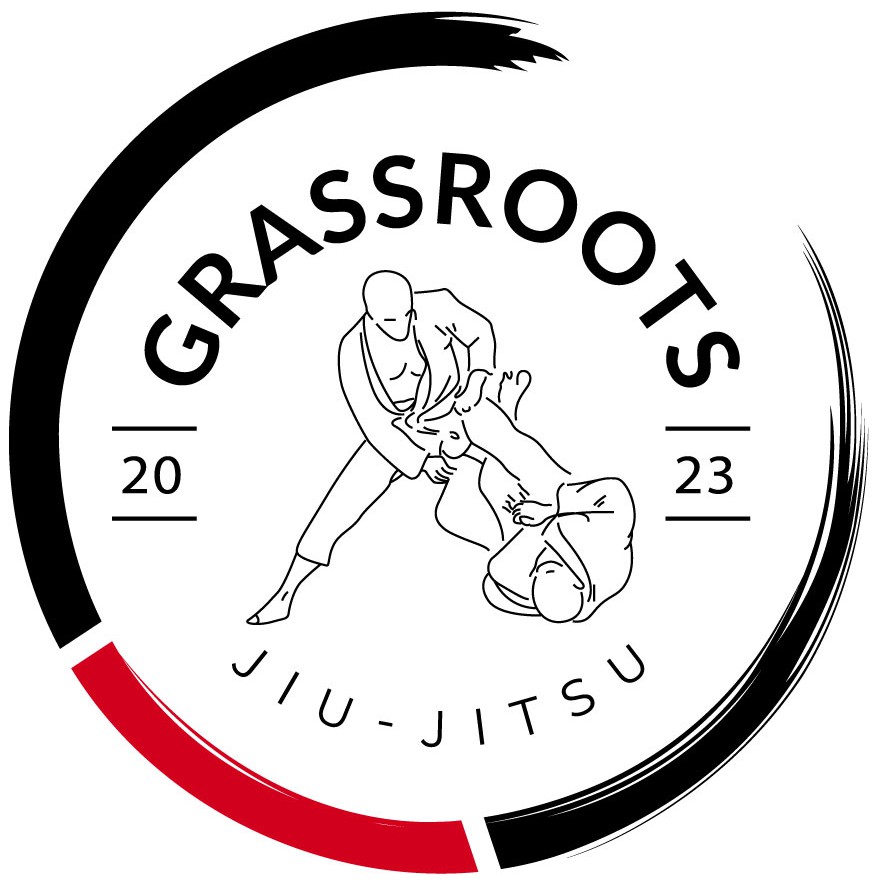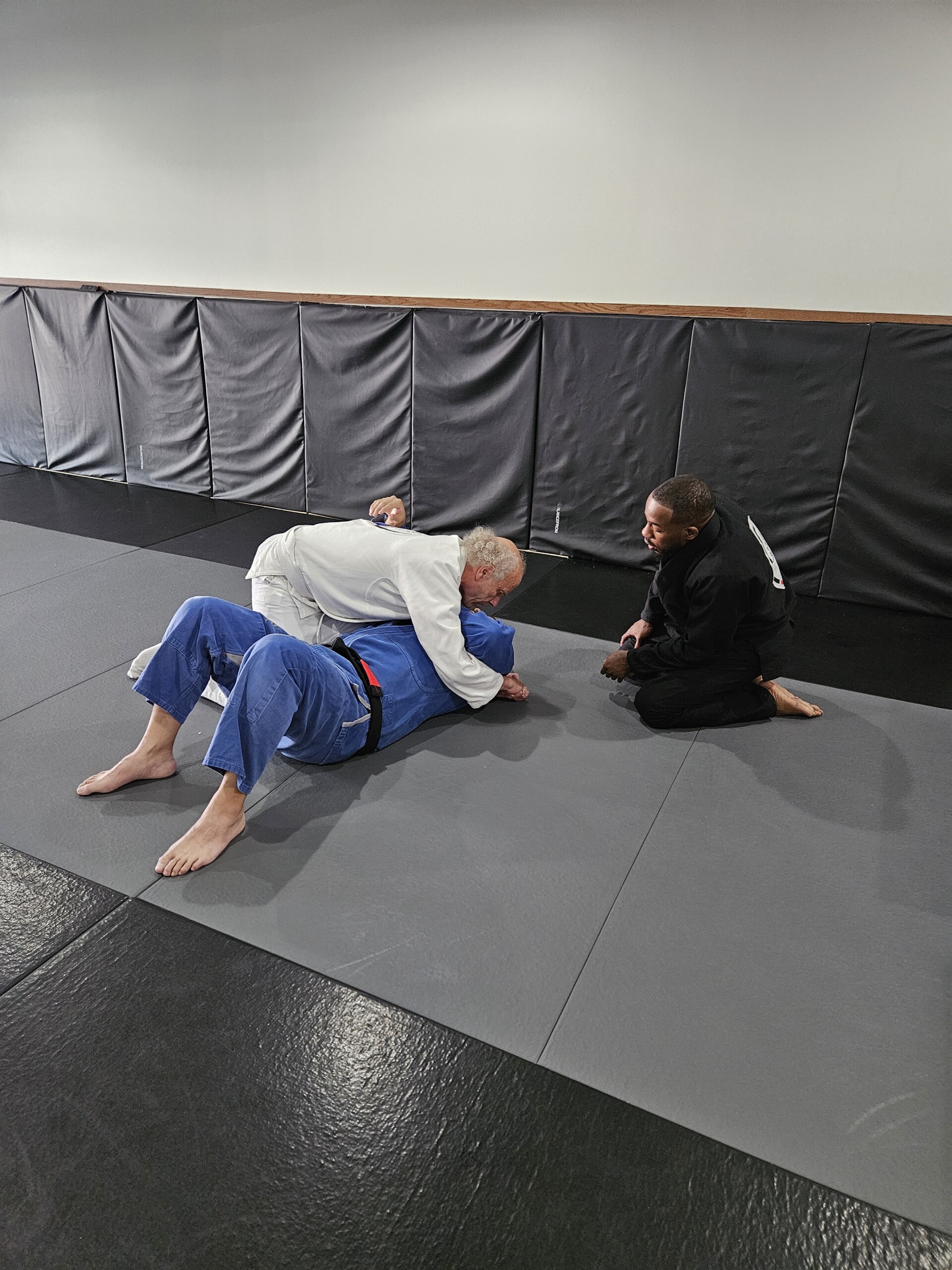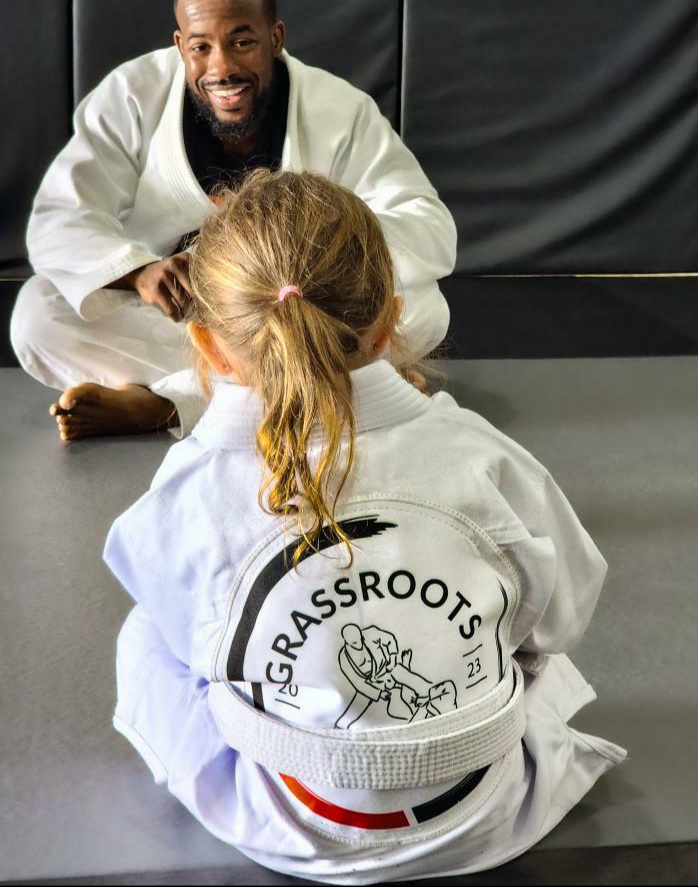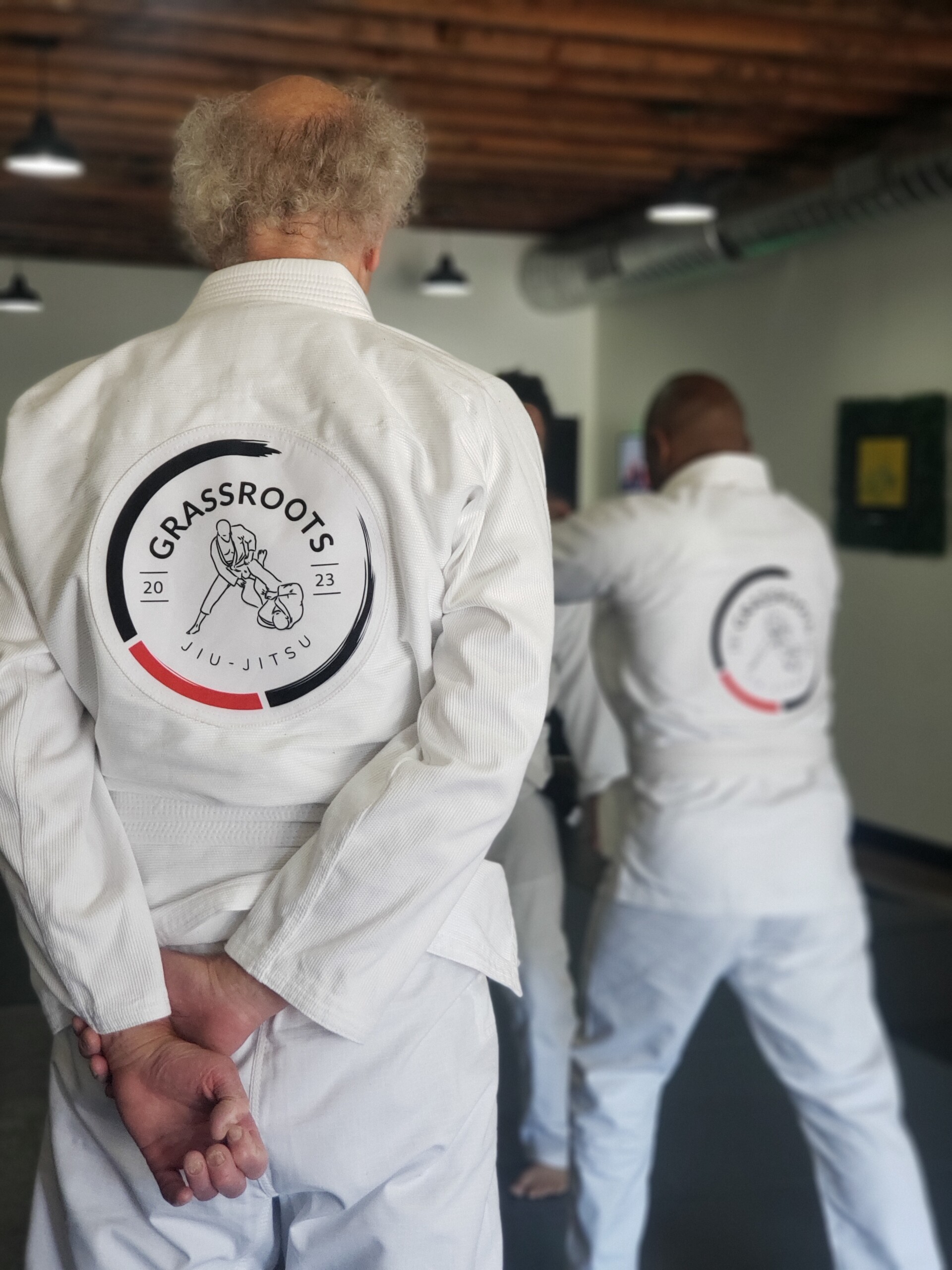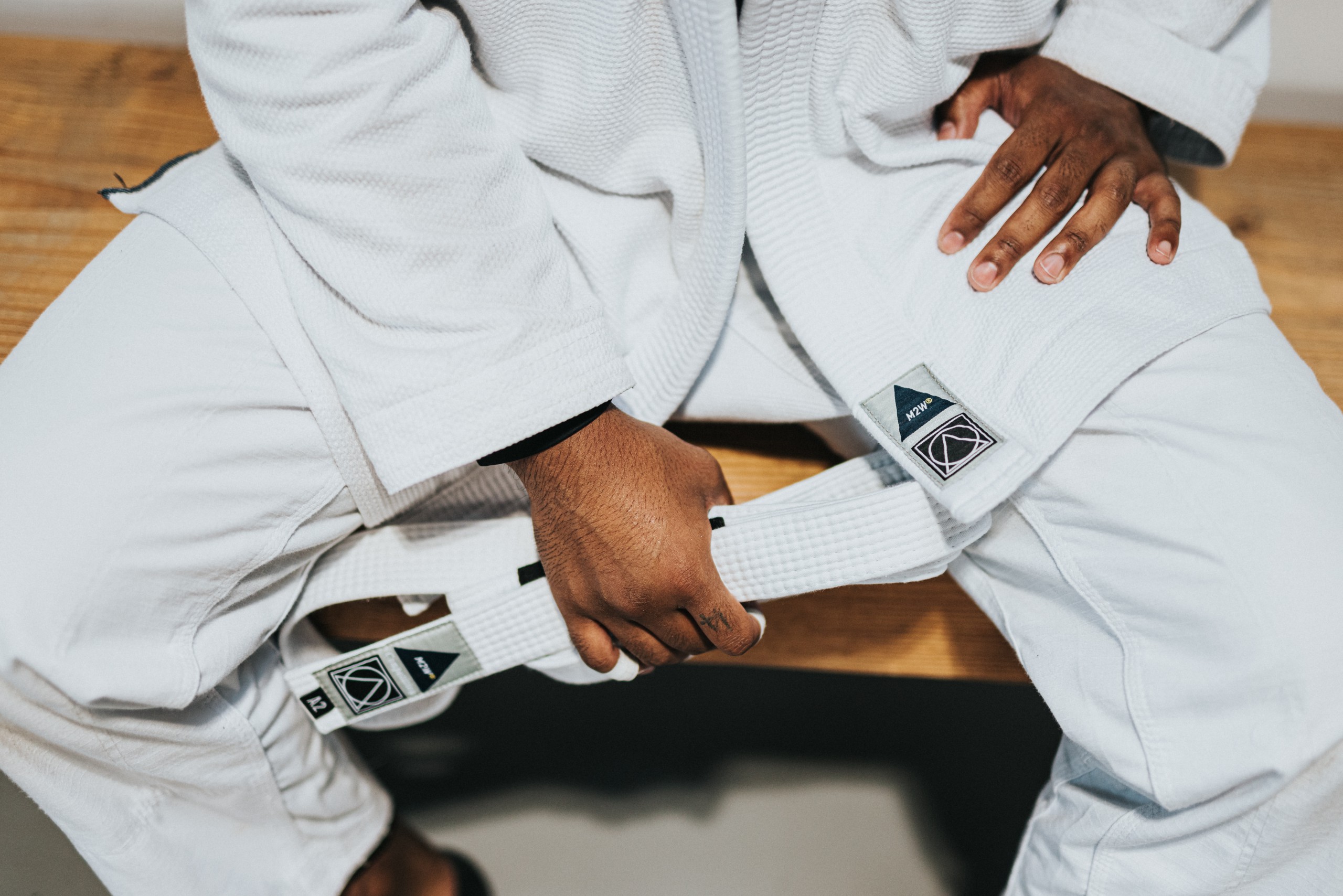by Jordan Shannon
Share
by Jordan Shannon
Share
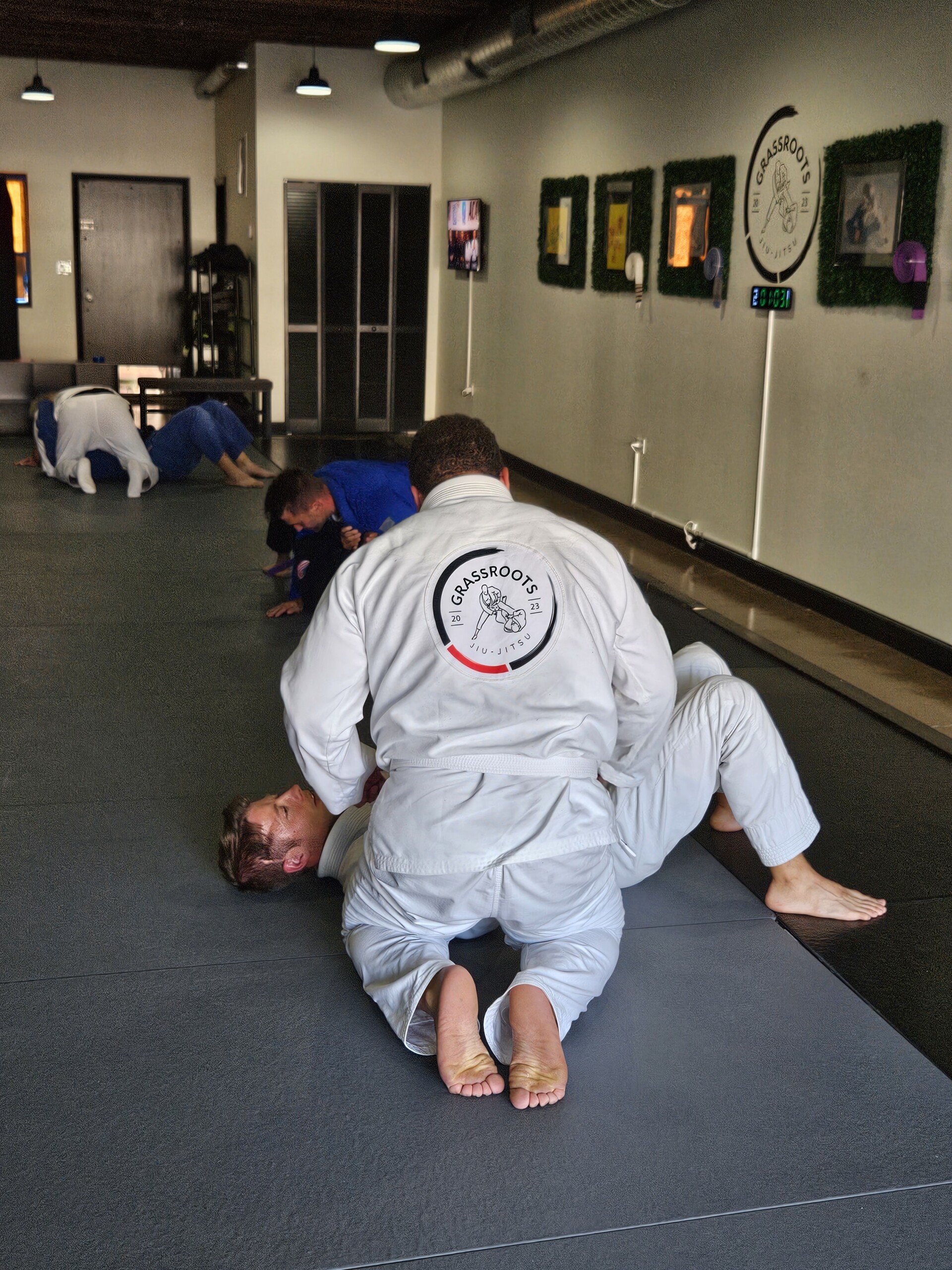
A lot of people, myself included, pursue combat sports or other forms of one-on-one competition because the outcome comes down to the work you have or haven’t put into the gym. While on the surface it may seem like a solo pursuit, jiu-jitsu is very much dependent on the joint efforts of you and your academy. There may be only one person on the mat, but a jiu-jitsu practitioner is only as good as the training partners he has around him. Your success and progress depends on training partners that will both protect you on the mat and aid in you achieving the goals you set for yourself.
At the beginning stages of your jiu-jitsu journey, along with learning how you can be great in your own pursuits and goals, there should also be some focus on learning how to be a good partner to others. What that looks like isn’t always common sense so I think it’s important to shed some light on some of the basic things that you can be doing to be a great partner on the mat within your academy. As always these are just my opinions, and some of the things that I like to share with my students at Grassroots Jiu-Jitsu and Fitness here in Chicago. These tips are not specific to any academy, but good guidelines to follow wherever you may be pursuing your jiu-jitsu journey.
#1 Protect Your Partner
As rolling rounds begin at Grassroots Jiu-Jitsu and Fitness, one thing that I always repeat to my students is “Protect your partner”, or “Take care of your partner”. This simply means roll in a way that keeps both you and your partner safe. This can mean different things for different people, but as a general guideline you and your partner should be able to manage the things within your control. For starters, Practice “mat awareness” Are you nearing the end of the mat? If so, reset to a better part of the mat in the same position as to prevent someone going off the mat to the floor or hitting the frame. Also, knowing your proximity to another pair rolling is important. You don’t want to be kicked or bump heads by a nearby group, so make sure you’re aware of the surroundings. Are you rolling with someone that is coming off an injury, or just dealing with a specific pain that day? If so, do your best not to aggravate further. If you notice someone’s wrist is taped up for example, it may be wise to ask if it’s injured. If it is, then perhaps stay away from that area or “be light” on it. Things like this are appreciated by your training partners, trust me! What’s your pace like? Are you rolling at a competition pace and effort that your partner is not trying to match? Maybe think about dialing it back a notch for reasons of safety. You’ll have plenty of time to roll hard in the appropriate environments and scenarios if that’s your thing.
Outside of rolling, during technique practice, were you paying attention to the details of the movement being shown? The last thing you would want to do is injure your drilling partner because you performed a technique incorrectly due to spacing out or goofing off while the technique was being shown. I take this particular point incredibly seriously and I won’t even break my kids’ classes into partners until each of them can perform the “big picture” portions of a technique on me first.
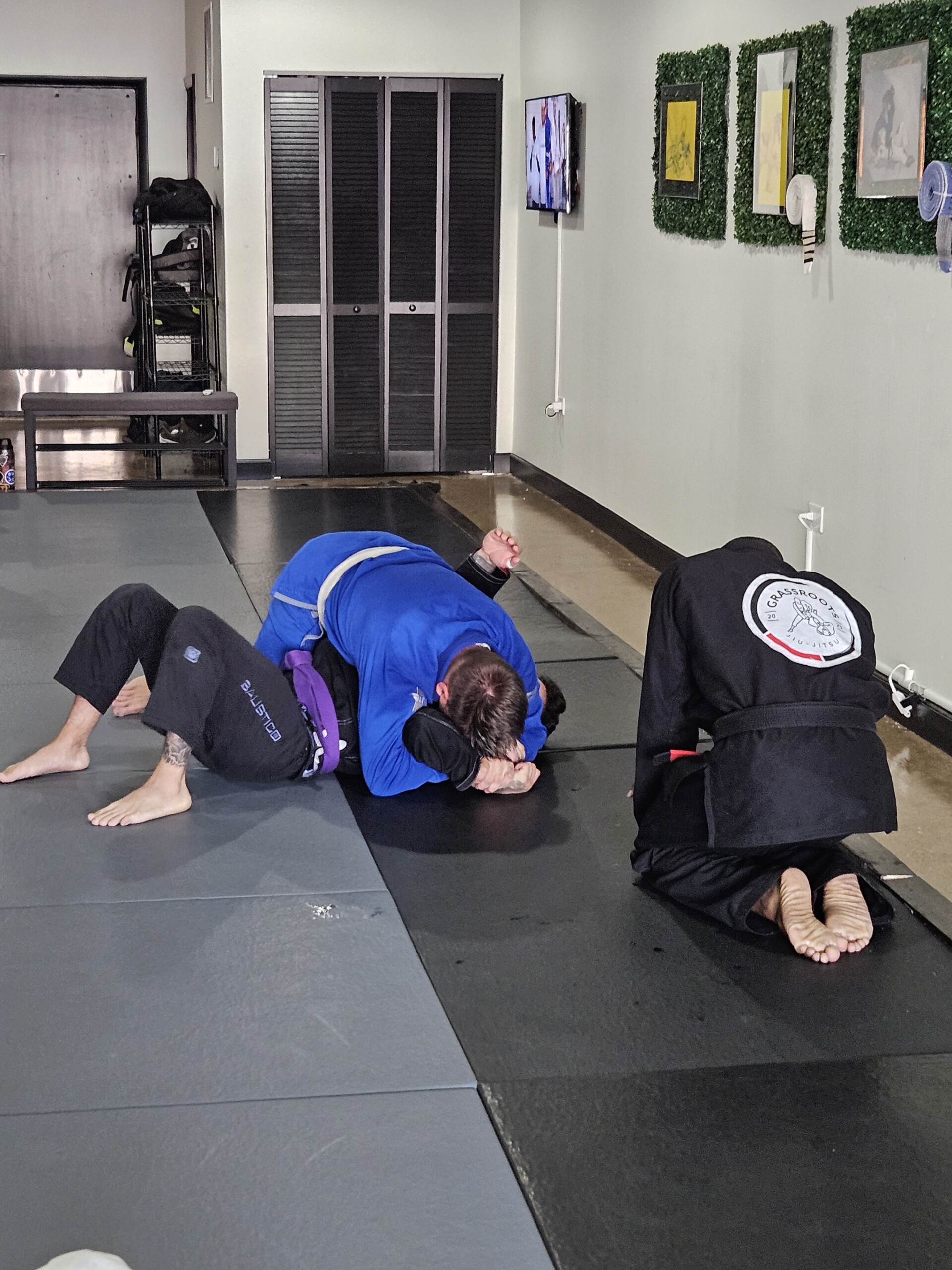
I’ll close this by saying, I put the majority of the responsibility of “Protecting Your Partner”, on the more experienced partner. If a brown belt is rolling with a white belt, I expect the brown belt to take responsibility for all the tangibles within control to ensure a safe round or drilling session. This is because the higher belt has likely spent years on the mat to learn the do’s and don’ts. This even includes knowing when to release a submission if a beginner is refusing to, or just doesn’t know when to tap. As the higher belt, you should know when you “have it”, and save your less experienced partner from themselves in those moments. As the white belt progresses they will eventually learn too.
#2 Respect Their Goals
It can also be helpful to know what your training partners goals are. Are they getting ready for a tournament and want to push the pace or just looking to learn and make it through the class injury free for work tomorrow? Having an idea of your partner’s goal can help you tailor how you should be training with them. You can manage your pace and resistance in a manner that will be helpful to achieving the goal.
Maybe it’s a specific position or game that your partner wants to work that you can aid in. If they want to work on mount, give them a level of resistance that will allow them to get the proper mechanics down first, and then raise it to a level where it’s more realistic to what you would see live. For positional training at Grassroots Jiu-Jitsu and Fitness, I always have the students start at 20 – 30% resistance initially and then have them build up from there as they get comfortable with the technique. This is big when it comes to reducing injuries and making sure you can apply the techniques under resistance.
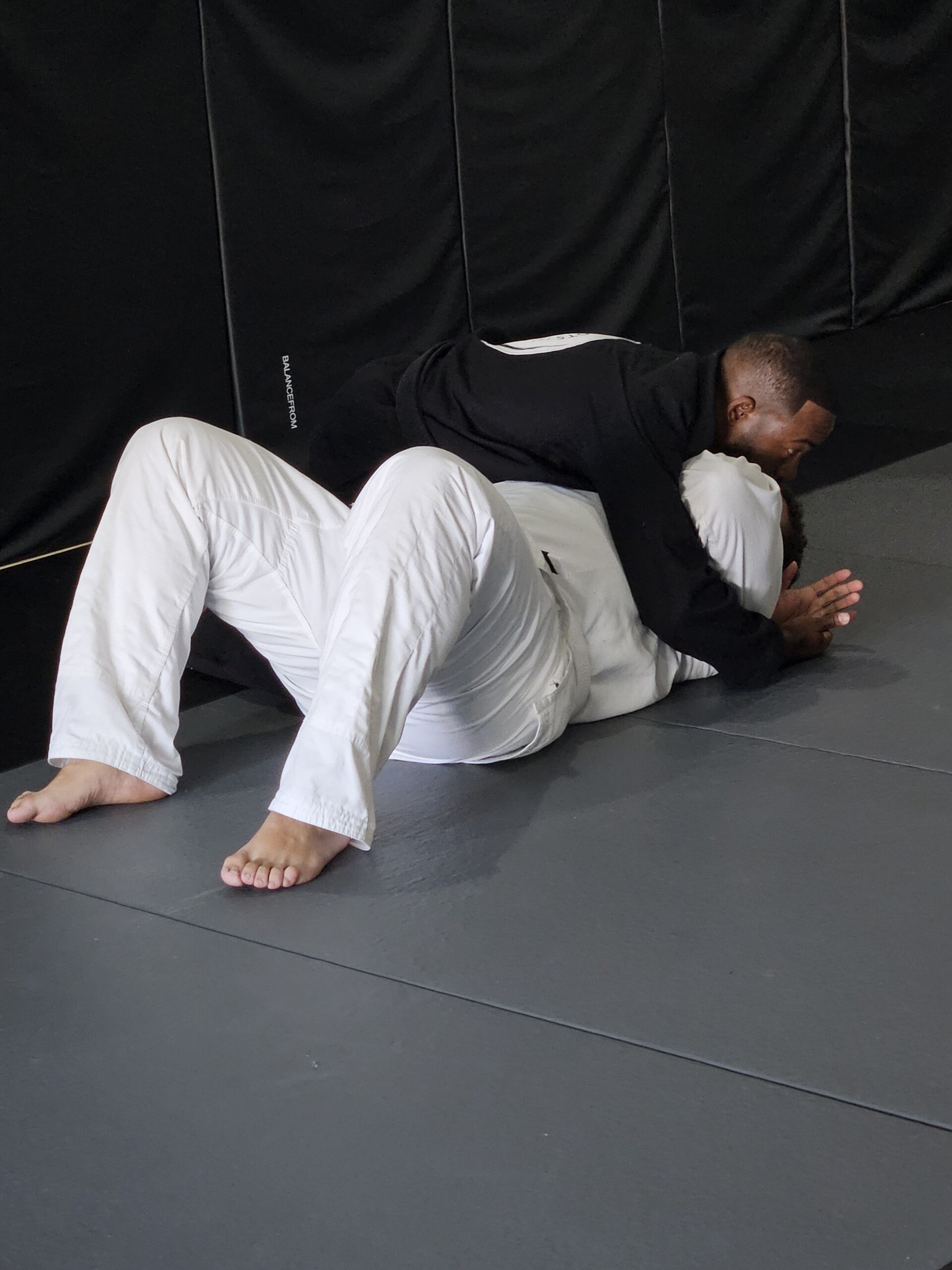
It’s also a simple and easy courtesy to ask your partner if there is something that they would like to work on before a rolling round starts. If they say that they don’t, then remember to protect them during the roll.
#3 Hygiene Etiquette
This point is pretty straightforward. Manage your hygiene on the mat, and your training partners will appreciate it. Keep your fingers trimmed because no one is looking to be cut or scratched while rolling. If you do have any cuts, scratches, or open wounds keep them covered at all times while training. The same goes for any rashes or bumps that you may not be sure of.
Keep your Gi clean and washed. You don’t want to be the smelly student in the class. Make sure the belt is cleaned also. No, you’re not washing off any progress or skill, just dirt and bacteria. If you’re the excessive sweater on the mat, it may be a good idea to keep a towel nearby too. Sweat happens of course, but you don’t want to be a faucet on the mat and not do anything about it.
I can’t stress enough that if you’re sick, please stay home! I know you may want to get your training days or don’t want to miss out, but it’s more important to rest up, clear-up the illness and then return. No one wants a bug spreading through a gym, so if you know you have one do everyone a favor and stay home. This is another form of protecting your partners. Your training partners will be there to welcome you when you’re back.
Bonus: Does All Of This Really Matter?
Yes it does. You don’t want to be the guy on the mat that can’t control your pace, temper, emotions, or hygiene. Don’t be the student that always has to roll hard. Don’t be the student that gets mad or emotional when you have to tap. Trust me, it will make people not want to partner with you and I wouldn’t really blame them. If you injure or disregard all your training partners, it’s going to be hard to improve alone.
Jiu-jitsu is a cool and fun pursuit. So just be a cool and fun training partner, and it will take you far on the mat!
READY TO GET STARTED?
